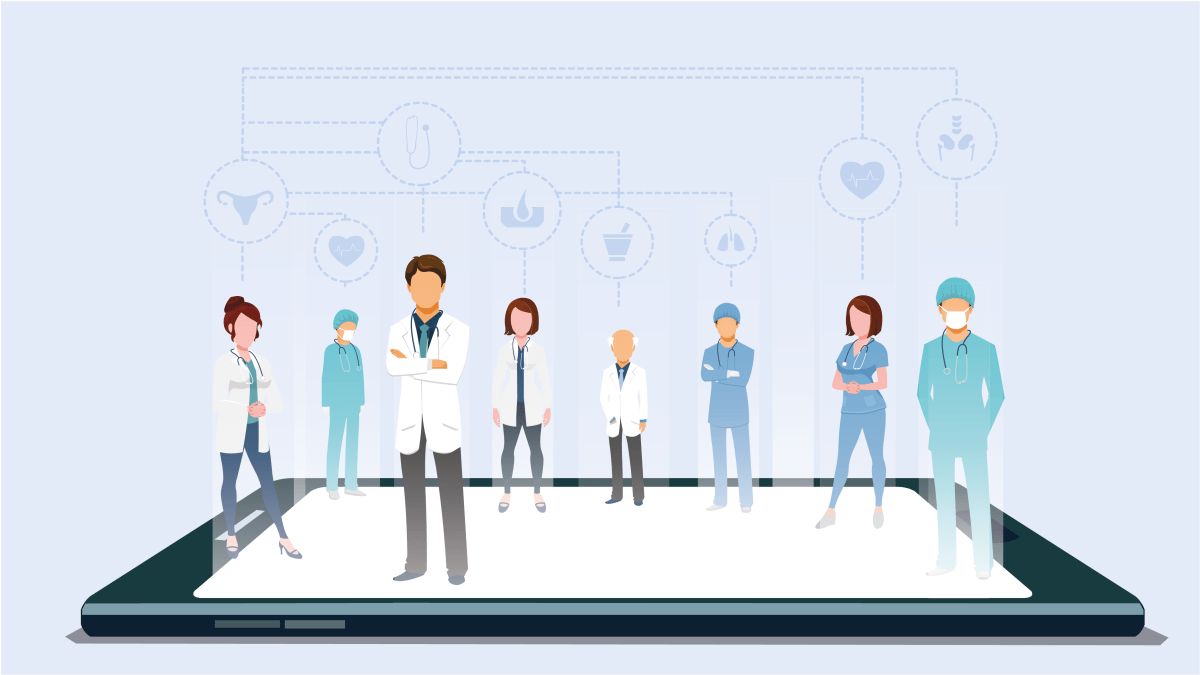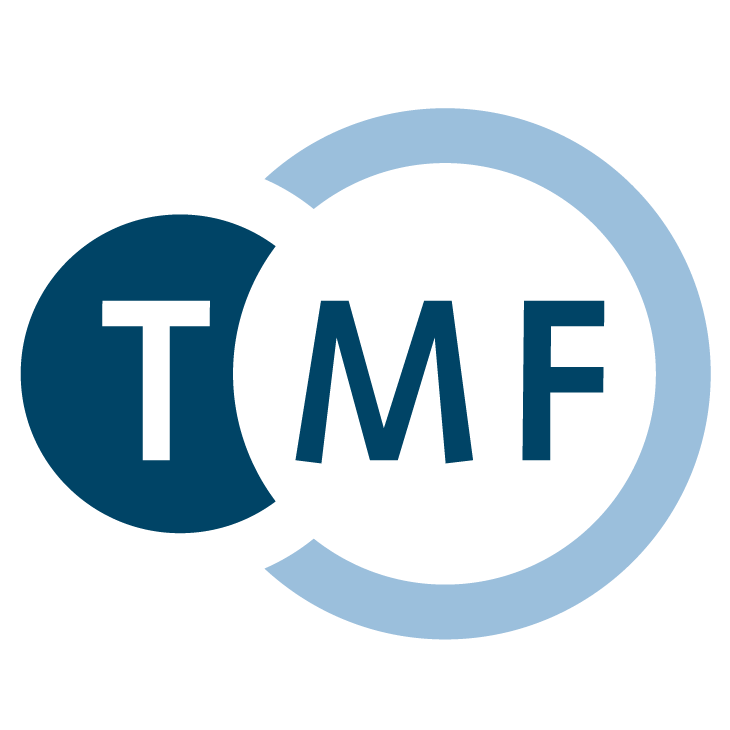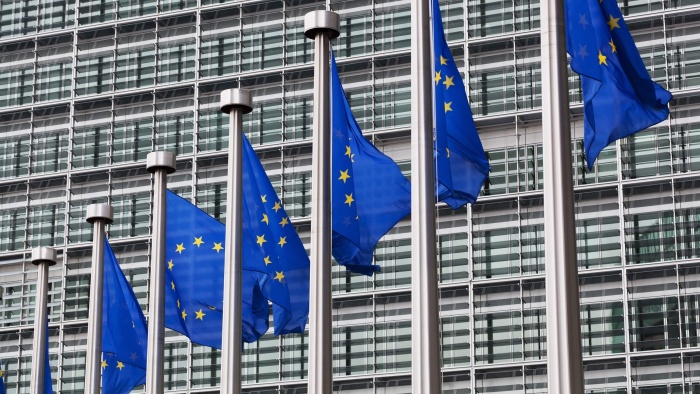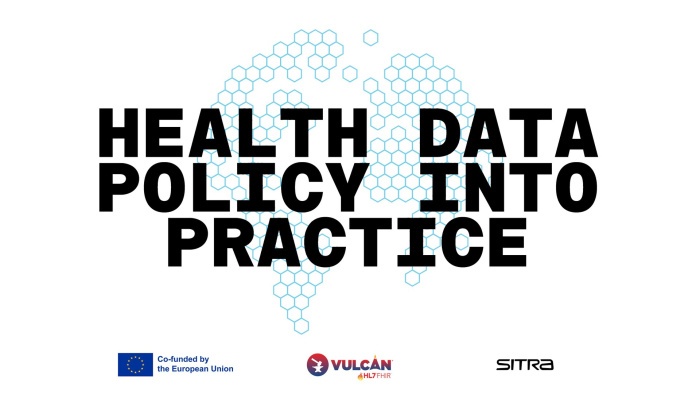Advancing Medical Research Registries

© AryanRaj - stock.adobe.com
In addition to clinical trials, registries systematically collect data for medical research, making them essential tools for studying new therapies and improving established treatment methods. A report commissioned by the Federal Ministry of Health (BMG) describes the existing medical registries in Germany and explores possibilities for further development. The report was prepared by BQS Institute for Quality and Patient Safety GmbH and the TMF - Technology and Methods Platform for Networked Medical Research and was presented today at the TMF in Berlin.
Registries provide valuable data for medical research. They can help better understand risk factors for certain health issues and support healthcare quality assurance. Germany has a large number of different registries pursuing various objectives. The "Report on the Further Development of Medical Registries to Improve Data Input and Connectivity," commissioned by the BMG, now provides a detailed overview of medical registries in Germany for the first time.
Registry Law for Uniform Frameworks and Quality Criteria
The report initially presents the registry landscape and discusses the legal framework. The TMF’s Managing Director Sebastian C. Semler: "Based on our report, we recommend establishing a more suitable legal framework for medical registries. Therefore, we welcome the provision in the coalition agreement to introduce a registry law to better utilize registry data for scientific purposes. We will support and accompany this process together with the medical registry community."
The report identifies both barriers and facilitating factors in the use of registries. A criteria catalog and a maturity model for registries were developed to assess their quality and support their further development. Dr. Christof Veit, Director of the BQS Institute, says, "Such a catalog provides clarity to registries about the requirements placed on them. It allows them to transparently present their quality according to a uniform standard and undergo audits by independent experts."
Report Recommends Central Office for Medical Registries
In the conclusion, the authors discuss ten recommendations for the further development of the registry landscape. The recommendations aim to remove barriers to the operation and use of registries, promote their quality and transparent presentation, and incorporate registries into the ongoing digitalization strategy in healthcare.
It is recommended that a central office for medical registries be established that provides a publicly accessible, central list of certified medical registries. "The central office will be under government supervision but intellectually independent and committed to science and research," explains Dr. Anna Niemeyer, TMF. According to the report, an independent scientific organization should be commissioned to develop and maintain quality criteria for the central office for medical registries. Furthermore, it is recommended that the Joint Federal Committee (G-BA) take on tasks in the planning and commissioning of registries.
The expert group also sees the strengthening of medical registries as improving their interoperability so that they can be merged with other data sources such as electronic health records (EHRs). To facilitate this, e-health regulations should also be expanded to include registries, and the use of EHRs for research purposes should be simplified. Furthermore, networking and knowledge transfer, as well as the involvement of industry companies and patients or subjects in the further development of medical registries, should be promoted.
The TMF supports further networking with the registry research community, including the TMF Health Registry Summit, which will be held from May 2 to 3, 2022.
Press Contact
Sophie Haderer, Wiebke Lesch
Phone: +49 30 2200 24732
Mobile: +49 173 6141663
E-mail: presse@tmf-ev.de
Twitter: @tmf_eV
Further Information

About the TMF
TMF – Technology and Methods Platform for Networked Medical Research e.V. stands for research, networking, and digitization in medicine. It is the umbrella organization for collaborative medical research in Germany, within which leading researchers exchange knowledge, develop ideas and concepts together, and thus shape the future of medical research in the digital age.


